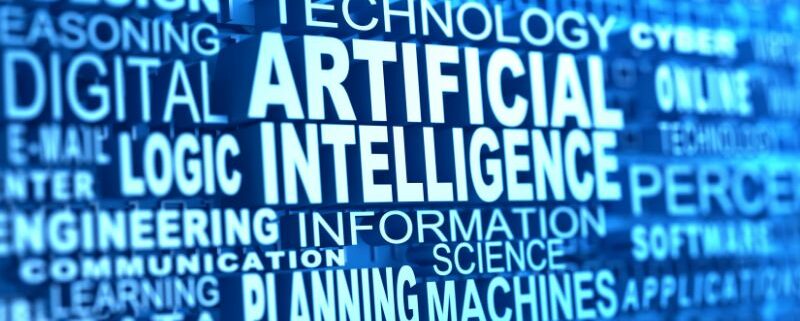AI Will Impact Your Child’s Future Career
The title sums it up pretty clearly: Artificial intelligence (AI) WILL impact your child’s future career. As we write this, no one can have a firm understanding of HOW it will make an impact. The ripple effects and unintended consequences will play out in the months and years to come. But like all new technology, it will cause change. With the addition of AI, 30% of hours worked today could be automated by 2030.
Throughout history, new technology has always impacted the world of work. Robots changed automaking. Self-scanning changed the grocery experience. Cell phones changed so many things! Likewise, AI can eliminate some work functions that are completely automatable.
Keep in mind that new technology is also a creator of jobs. Generative AI identifies patterns across enormous sets of data and generates new content and can be used as another tool in the completion of many jobs. It will help workers to be more effective, productive, and creative. It will also create jobs we can’t even anticipate today. The use of AI as a tool allows for some of our time to be freed up to do other things.
Which types of jobs will be most impacted by AI?
Unlike robots doing physical tasks, AI can perform and assist with data collection and analysis. Jobs with a high level of exposure to AI tend to be in higher-paying fields where a college education and analytical skills can be a plus.
AI can be used to write code, design products, create marketing content and strategies, streamline operations, analyze legal documents, provide customer service via chatbots, and even accelerate scientific discovery. Budget analysts, tax preparers, technical writers, and web developers are some of the job titles with a higher exposure to AI. Fields like nursing, construction, cosmetologists, etc. have a lower exposure because those careers require physical skills.
The future is uncertain, but students can be proactive.
We do not have a crystal ball and cannot know what careers will explode and which will dry up completely. However, we suggest families consider the following when thinking about future careers:
- Your student needs to acquire appropriate skills in technology to be relevant in their industry.
- Your student needs an understanding of the foundational elements of their field of interest (supply chain, healthcare, accounting, editing, etc.) These fundamentals are the basis of knowledge they’ll build on, no matter how technology impacts the field.
- When researching careers and performing informational interviews, students should ask questions about the potential impact of AI and other technology changes. People currently in the field will have the best finger on the pulse of how AI/tech may impact their field. (Informational interviews are a valuable career research tool and are part of our Guided Self Assessment service.)
- Continue to engage with education and skill building throughout their entire careers (more so than the prior generations). Today’s students need to be lifelong learners and grow with technology. Prepare to upskill and be nimble as the career path’s hills and valleys and twists and turns present themselves.
Encourage your student to think about the impact of technology when researching careers.
Understand that as with all new technologies, we all need to stay on top of changes as they come. The world of work will continue to evolve, as it always has, with each new technology. AI has the potential to cause major changes to the world of work; however, like any other tool, the successful employees will use it and adapt with it.
Want to dig deeper into this topic and love podcasts? We found one: AI and the Future of Work from Dan Turchin.
Enjoy this post? Don’t want to miss any future blogs about education, college, or careers?



